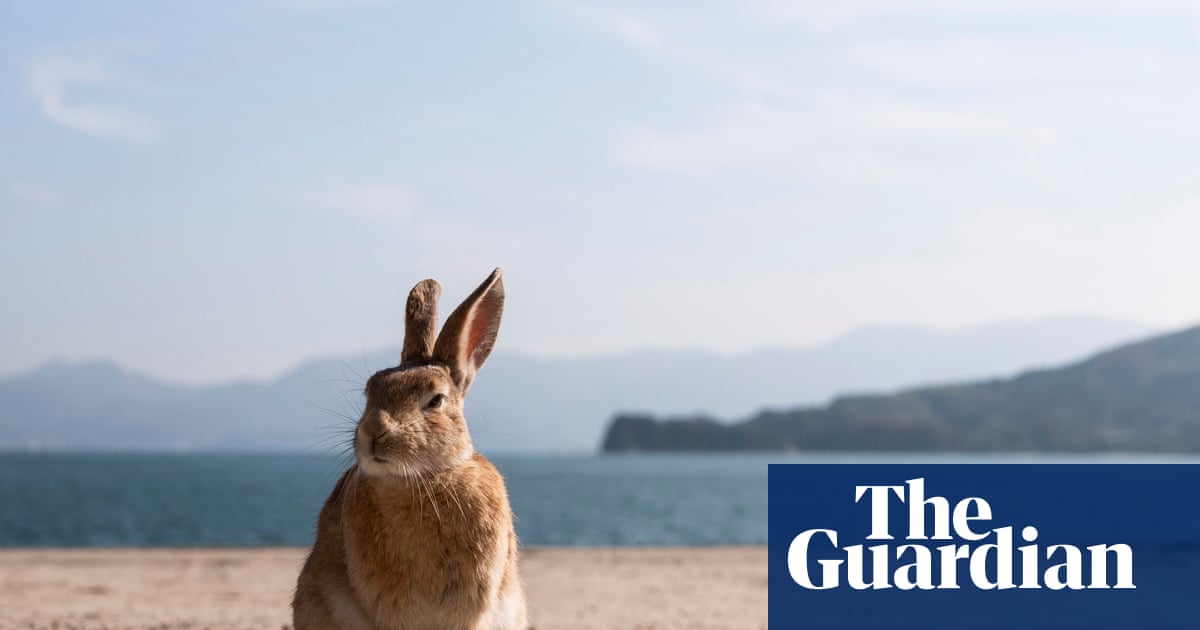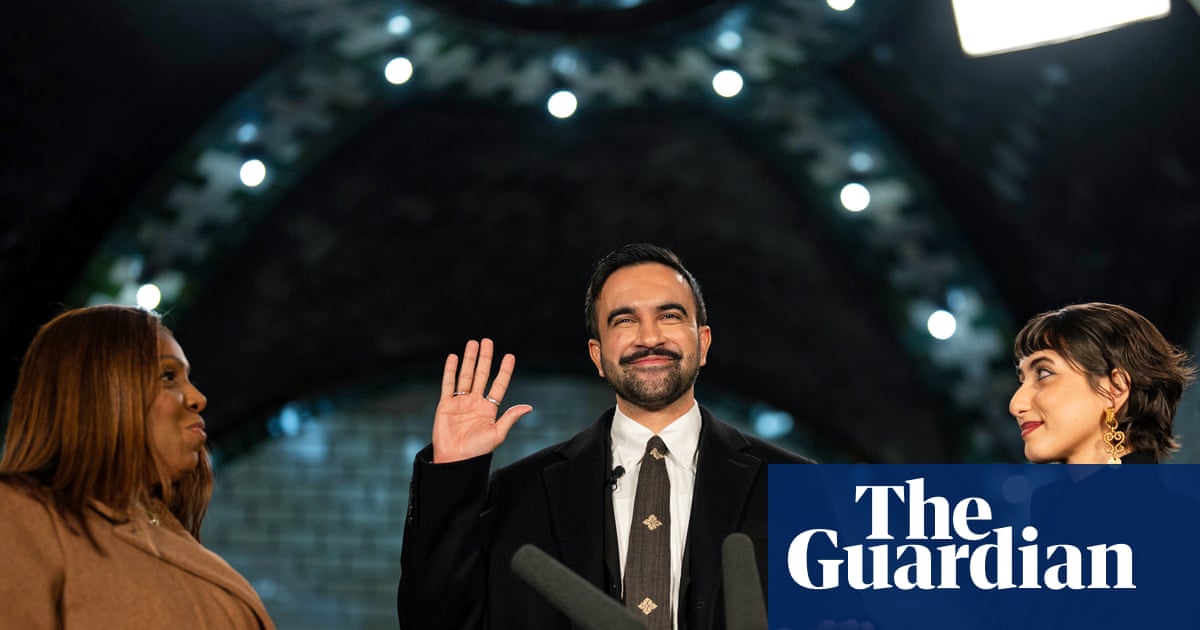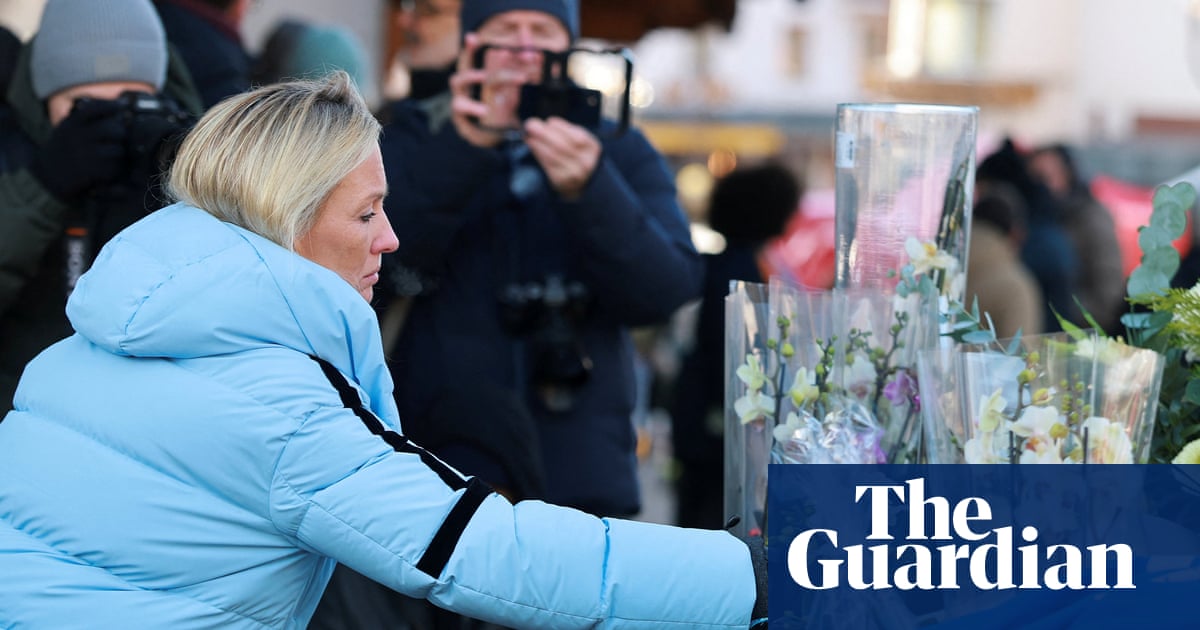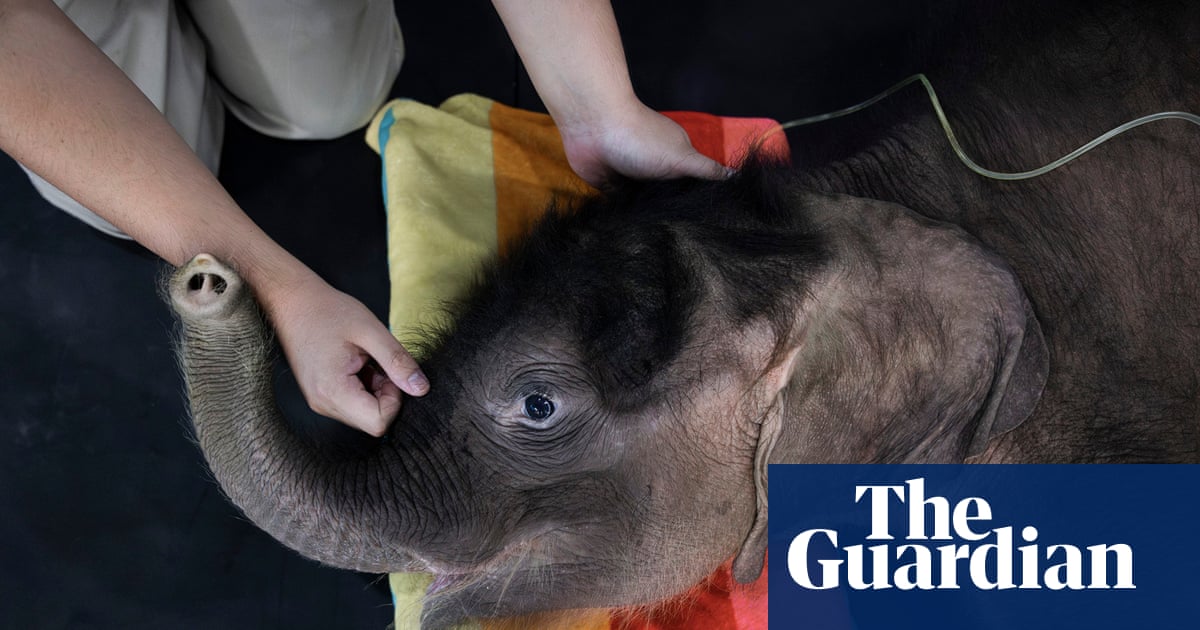Claudia Cardinale was part of the great wave of Italian movie stars whose postwar career took them from Europe to Hollywood; these included Sophia Loren, Gina Lollobrigida and Monica Vitti, who the American film industry prized not merely for their beauty but also for their mystery: an exotic feline allure and sense of toughness and survival, and even tragedy. But Cardinale perhaps had something her contemporaries didn’t: a kind of simplicity and frankness to go with the sensual allure. She often played opposite Alain Delon, whose own beauty complemented – almost merged with – hers.
In Visconti’s early masterpiece Rocco and His Brothers from 1960, Cardinale played Ginetta, engaged to one of Rocco’s brothers from the uncouth south and her parents are openly hostile when their son-in-law’s entire family make their chaotic appearance. She was radiant in Luchino Visconti’s The Leopard in 1963, as wealthy merchant’s daughter Angelica on whom Burt Lancaster’s Prince bestows his frank admiration even as she is engaged to his nephew Tancredi, played by Delon. In the famed final ball sequence, she plays her part by inviting Lancaster’s ageing lion to dance, and perhaps also to offer him an elegant symbolic exit from his own prestige.
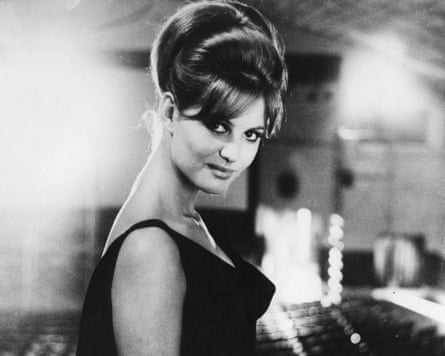
Other auteurs gave her significant roles – Alberto Cavalcanti gave her a part in his 1959 romantic comedy Venetian Honeymoon with Vittorio De Sica and Abel Gance cast her as Napoleon’s daughter Pauline in Austerlitz in 1960 – but the most pivotal moment of Cardinale’s early career was to be cast by Federico Fellini in his cinephile meta comedy 8½. She played the up-and-coming screen star whom Marcello Mastroianni’s creatively blocked movie director impulsively decides is his ideal woman who must redeem his emotionally wrecked leading character – but who tells him this figure is incapable of real love. It is perhaps a subconscious, subtextual joke in 8½ that her surname riffs on cardinal importance, cardinal truth and religious authority. She also scored a hit in an authentic leading role in Girl With a Suitcase from 1961, directed by Valerio Zurlini, in which Cardinale played a young woman with the Verdi-esque name of Aida, who survives on the unreliable attentions of many different sorts of besotted men.
Holllywood didn’t entirely do Cardinale justice, making her an international star chiefly for bring the sozzled, glamorous princess who owns the titular jewel in The Pink Panther, one of many cast-members destined to be upstaged by Peter Sellers’s Inspector Clouseau. She also lent her charm to many generic war pictures, her Italianate image being often considered appropriate to this kind of material, but the most important was Sergio Leone’s widescreen western Once Upon a Time in the West from 1968, personifying the movie’s Italo-Hollywood fusion as former sex worker Jill, the tough woman with a past and the owner of a ranch that others want to destroy. Werner Herzog was later to give her the not entirely dissimilar part of brothel madame in his 1982 picture Fitzcarraldo.
Back in Italy, she was paired with her country’s legends: playing opposite Franco Nero in the mafia drama The Day of the Owl in 1968, and with Alberto Sordi in the mail order bride comedy A Girl in Australia, in which Cardinale had a reformed tart-with-a-heart role. Another award-winning role was her portrayal of Benito Mussolini’s mistress in Claretta in 1984, directed by her partner Pasquale Squitieri.
Cardinale was an amazing, vivid presence – and an icon of Italian and Hollywood cinema.

 3 months ago
61
3 months ago
61

